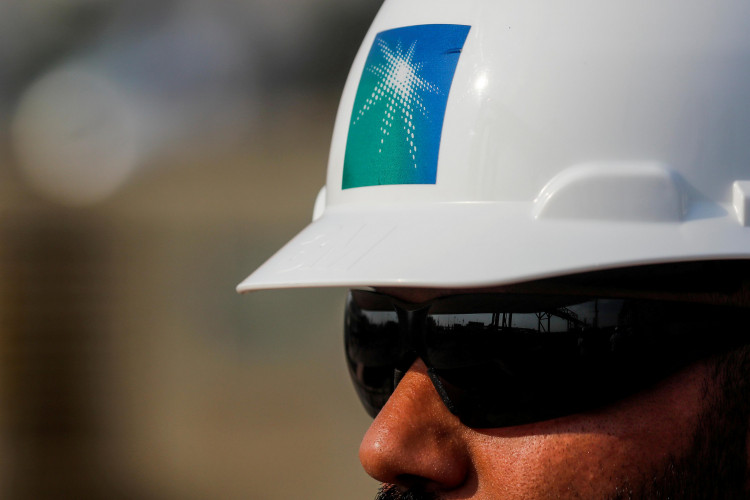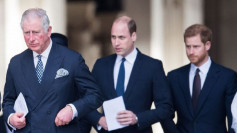Saudi Arabia and Kuwait have buckled down to work for the resumption of their stalled crude oil venture, with initial production projected around the end of this month, industry sources disclosed.
The two countries - both members of the Organization of the Petroleum Exporting Countries - will restart operations at the Al-Khafji oilfield, which they jointly operate.
Kuwaiti and Saudi officials agreed to end a five-year dispute in 2019 over an area referred to as the "Neutral Zone," allowing oil and crude to flow back again at the two-jointly operated fields that can produce up to 0.5 percent of the world's total oil supply.
The testing phase of around 10,000 barrels per day from Khafji will commence around February 25, a Kuwaiti oil offiicial, who requested anonymity, divulged to Reuters, adding that the resumption of oil activities in the area would be "sufficient to test all installations and operational efficiency". The oilfield is expected to produce around 60,000 BPD by August, the sources disclosed.
Another 10,000 barrels per day of trial production from the Wafra Field will begin around late March, the sources said, stressing that the oilfield output was anticipated to increase to 80,000 BPD from within 6 months of the testing phase.
Total production is estimated to hit 175,000 barrels per day from Al-Khafji and 145,000 BPD from Wafra after around 12 months of restarting the oilfields, the sources stated.
Kuwait news publication Al-Rai announced on Sunday that production would begin at al-Khafji by the end of February, and that testing of oil and gas pipelines and facilities has already commenced.
Al-Khafji Joint Operations Co, a partnership between the Kuwait Gulf Oil Company and the state oil giant Saudi Aramco subsidiary AGOC, owns Khafji. Before its closure in 2014 it had produced between 280,000 BPD and 300,000 BPD of Arabian Heavy crude for environmental reasons.
Since May 2015, Wafra has been closed down and had a production capacity of some 220,000 BPD. On behalf of the Saudi government, US oil giant Chevron manages the field.
Kuwait and the Kingdom have been cutting their oil inventories as part of a deal between OPEC, Russia and other companies, an organization known as OPEC+. The contract is due to expire in March.
In December, Saudi Energy Minister Prince Abdulaziz bin Salman told Reuters that the resumption of oilfield activity would not impact the commitments of the countries under the OPEC+ deal.
Industry sources pointed out that oil output would not be drastic, and a cut from other fields will compensate for any increase from the neutral zone.






